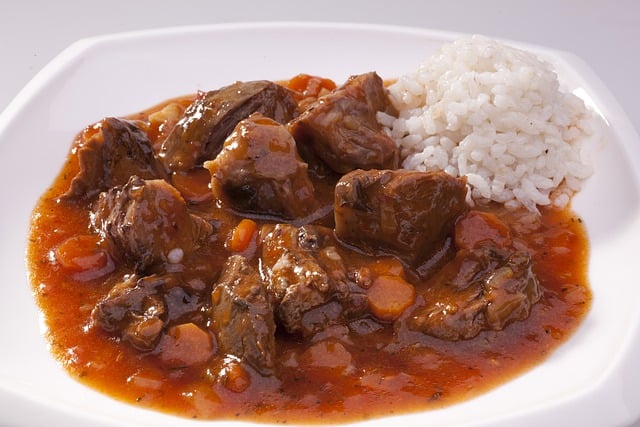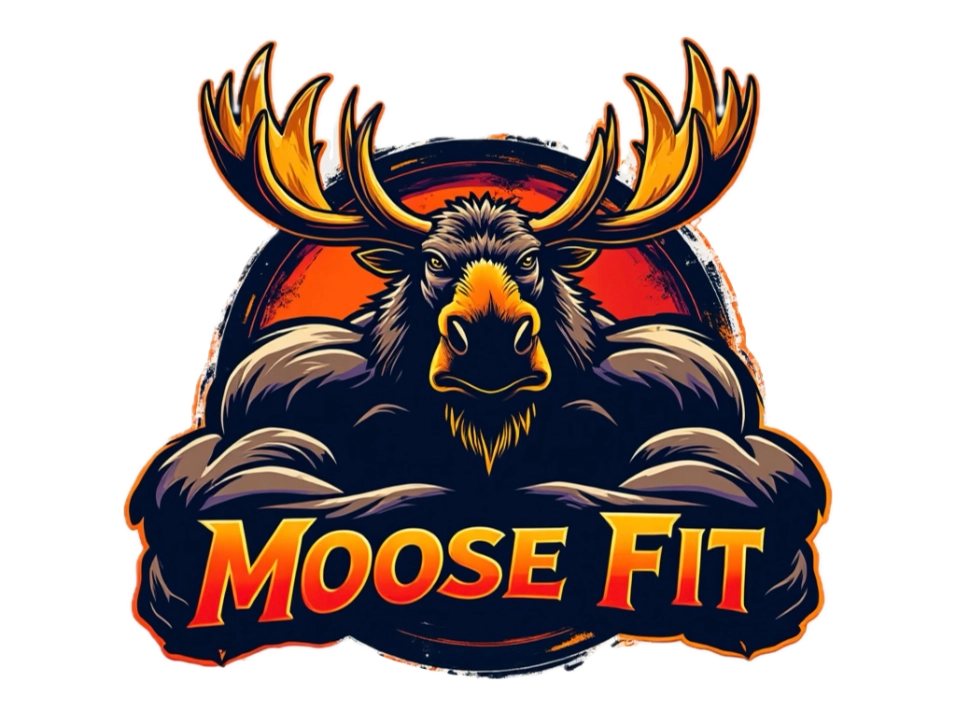As we age, maintaining muscle mass becomes more challenging, but it is also more crucial for overall health. Muscle mass supports mobility, strength, metabolism, and even immune function. However, one essential factor often overlooked in building and preserving muscle in later years is protein intake.
The Challenge of Muscle Loss with Age
After the age of 30, our bodies gradually begin to lose muscle mass—a process called sarcopenia. Research suggests that we lose around 3-5% of muscle per decade after 30, with the rate of loss increasing over time. Sarcopenia is a natural part of aging but can be accelerated by factors like physical inactivity, poor diet, and chronic illness. It often leads to reduced mobility, a higher risk of falls, and decreased metabolism.
Why Protein Intake Becomes More Important with Age
Protein is essential for muscle repair, growth, and recovery. As we age, our body becomes less efficient at processing protein, meaning we need to consume more of it to stimulate muscle protein synthesis. Increasing protein intake becomes vital for several reasons:
- Supporting Muscle Protein Synthesis (MPS): Muscle protein synthesis is the process by which our bodies repair and build new muscle tissue. As we age, our bodies require more protein to trigger MPS effectively.
- Combating Sarcopenia: Increasing protein intake helps combat muscle loss, helping to keep you stronger, reduce fatigue, and support day-to-day physical activities.
- Maintaining a Healthy Metabolism: Muscle mass burns more calories at rest than fat does, so higher muscle mass means a higher resting metabolic rate. By maintaining muscle, you support a more efficient metabolism, which is crucial for weight management.
- Improving Recovery: Protein also helps with recovery after physical activity, especially strength training. Recovery tends to slow with age, making it even more important to fuel your body with the nutrients it needs to repair and build muscle.

How Much Protein Do You Need?
Guidelines vary, but experts suggest that older adults consume at least 1.0 to 1.2 grams of protein per kilogram of body weight daily to maintain muscle mass. For those actively engaging in strength training, it may be beneficial to increase this to around 1.5 grams per kilogram.
Timing and Distribution Matter
For optimal muscle growth and maintenance, it’s essential not just to increase protein intake but to distribute it across meals. Studies show that consuming protein evenly across breakfast, lunch, and dinner is more effective for muscle protein synthesis than eating a single high-protein meal.
Sources of Protein for Older Adults
When aiming to boost protein intake, it’s best to focus on high-quality sources that provide all essential amino acids. Some excellent options include:
- Lean meats like chicken, turkey, and beef
- Fish and seafood, which also provide omega-3 fatty acids beneficial for heart health
- Eggs, a complete protein and highly versatile
- Dairy products such as Greek yogurt, cottage cheese, and milk
- Plant-based options like lentils, chickpeas, and tofu for those preferring vegetarian sources
Conclusion
As you age, increasing protein intake becomes more than just a dietary adjustment; it’s an essential part of a health strategy focused on longevity and physical independence. Whether you aim to build new muscle, preserve existing muscle, or improve recovery, adjusting your protein intake will help you stay strong and vital.


Leave a Reply